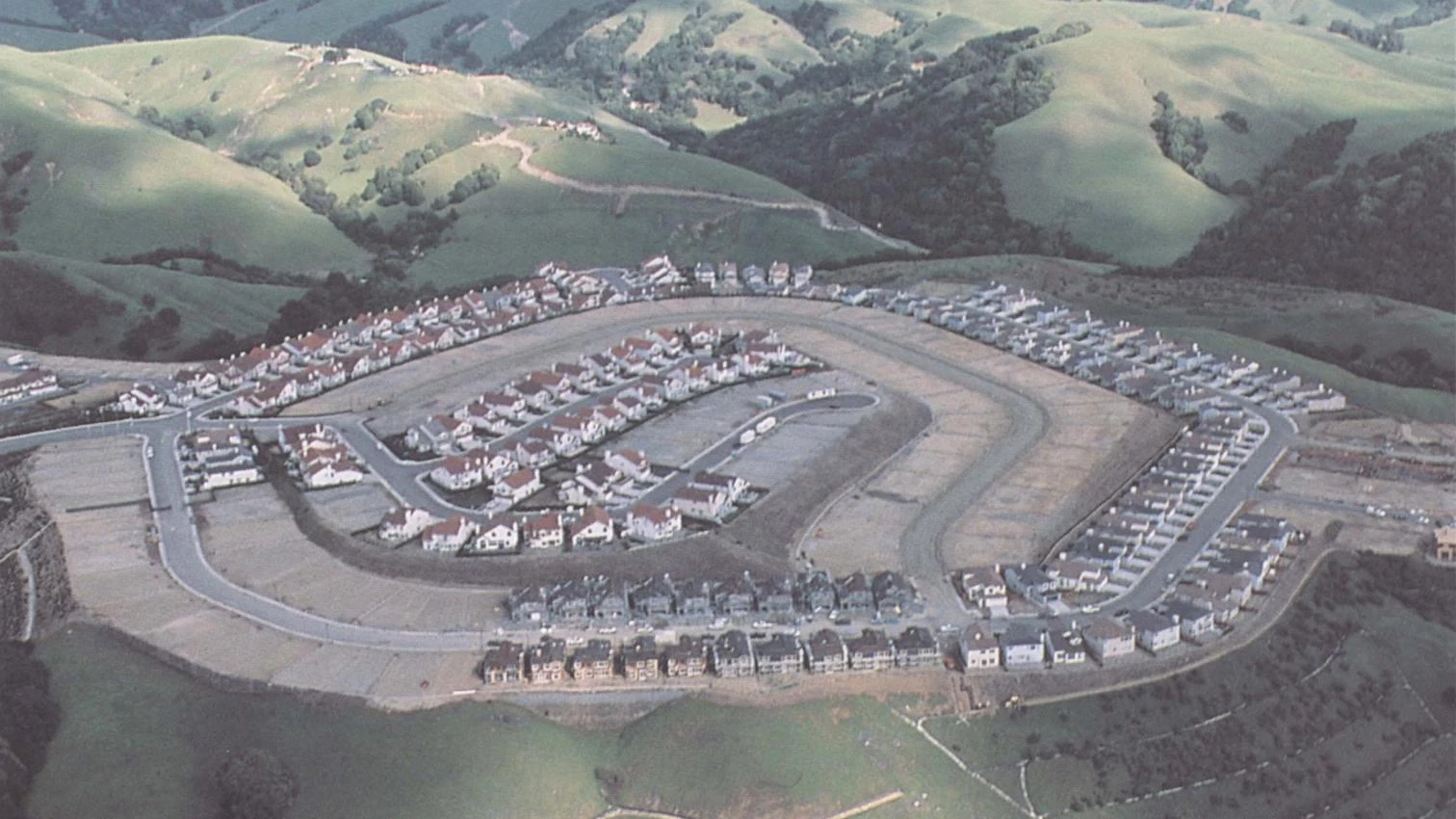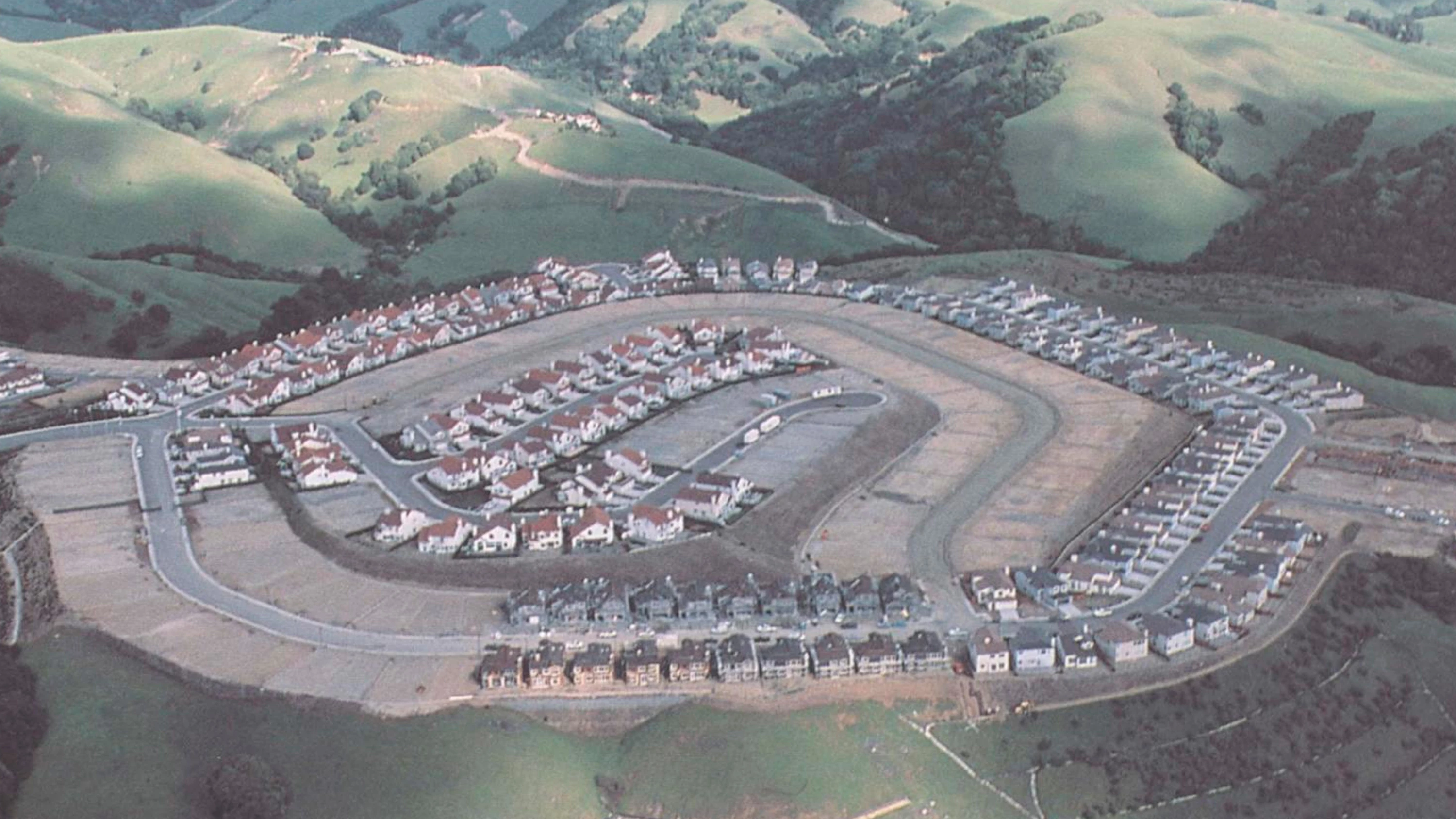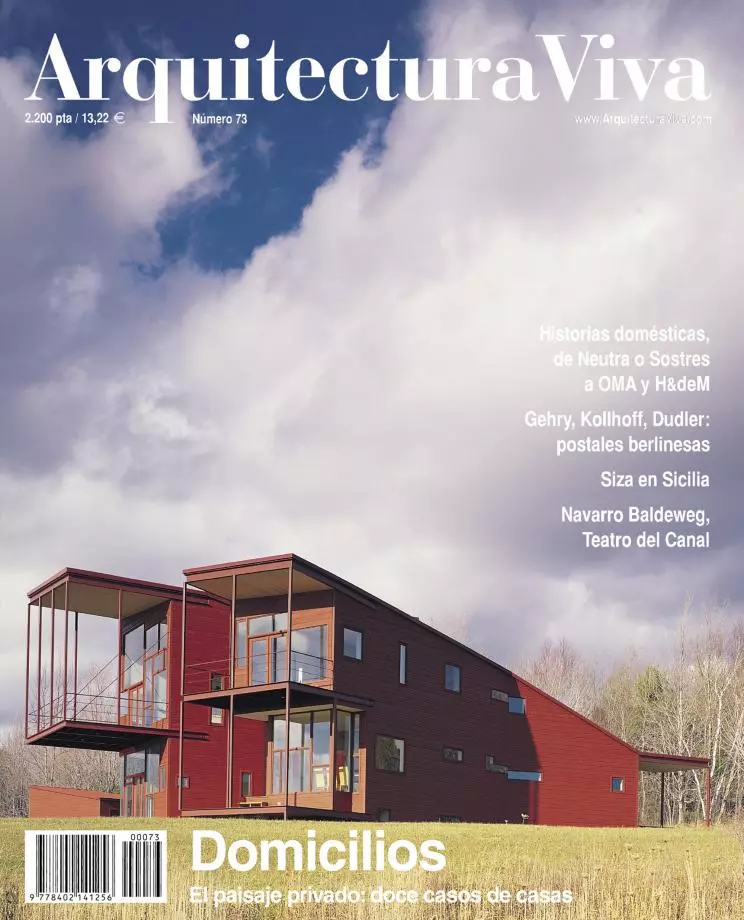
It is easier to remember the future than to predict the past. If the house of the past has as many versions as there are family myths or conflicting memories, the house of the future unanimously presents itself as an accelerated present. And whereas recording the past requires speculating on the mood of the interpreter, logging the future is just a matter of stretching the lines of the current situation. Contrary to economic graphics, where statistical profiles branch out into a fan of scenarios beyond the threshold of the present, the gay science of futurology picks a bunch of divergent pasts and braids then into a unique and trivial tomorrow. And so it is that we wearily question the plausibility of the accounts of past architecture, but humbly accept an extrapolated future for the house and the city. With the element of chance gone, the beat of opinion only swings between nihilism’s “there is no future" and pragmatism’s “there is no choice.” The alternative futures are in the present...[+]






